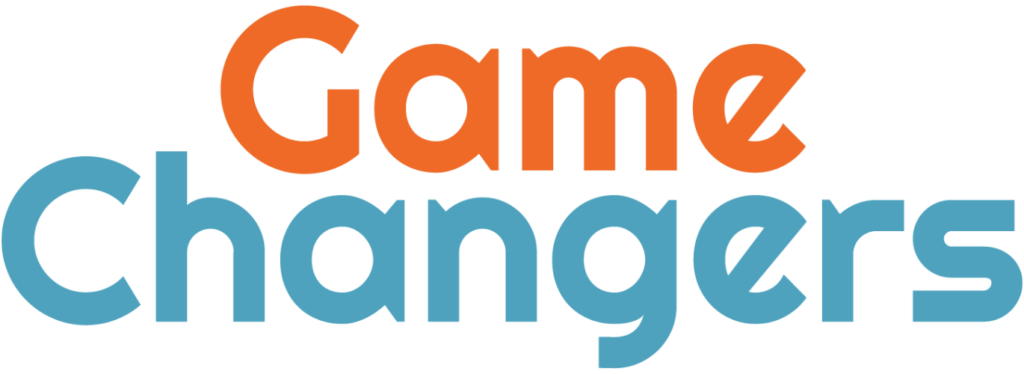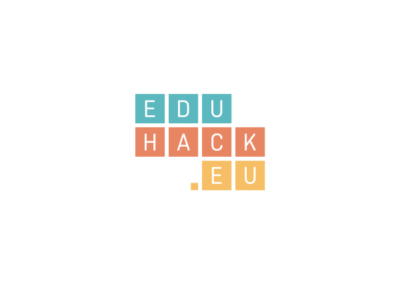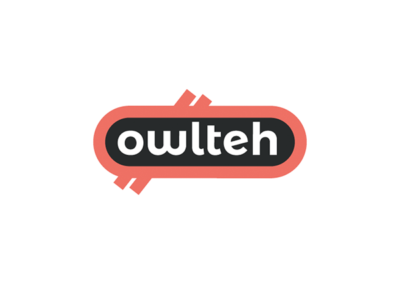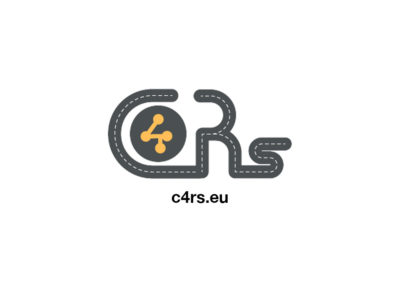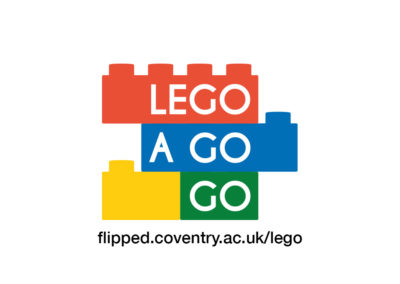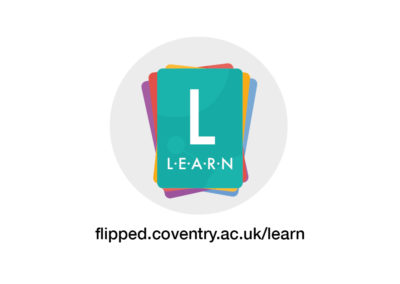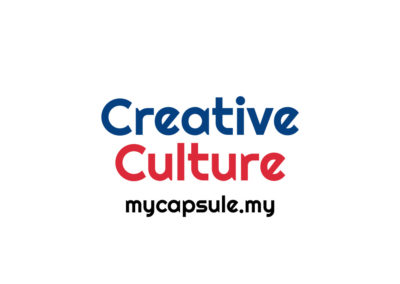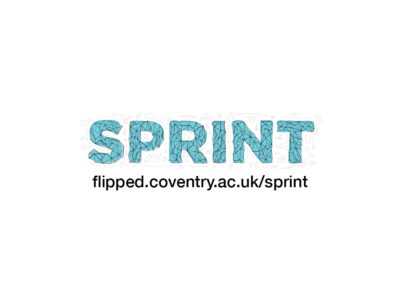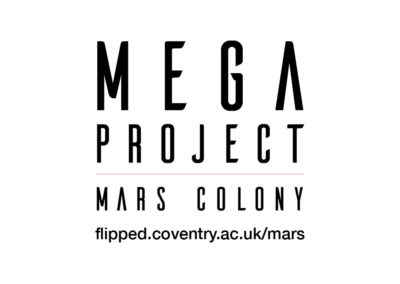Innovative learning practice through active participation
For the DMLL, flipped learning means learning through active participation and skills development supported by carefully curated learning experiences that maximise the contact time available with students. We believe in the power of learning technologies to support student engagement, but that learning should be driven by experiences, not necessarily by the technologies available.
Flipped learning is more than the recording of lectures for dissemination online. We see flipped learning as a connected and collaborative approach based on self organised learning environments and problem based activities. Flipped learning should bring together the best of educational technology, with playfulness, subject-specific problems, collaboration with students and the sharing of knowledge between the staff, student, and peers.
Why Beyond Flipped?
Through carefully curated educational experiences which maximise on the best of face-to-face and online teaching methods, flipped learning can provide a rich educational environment that challenges students to explore new concepts and develop innovative solutions to a range of problems.
Flipped learning should practice the application of knowledge to real-world issues and simulated scenarios, supporting the development of capable, adaptable, and curious graduates with the skills needed to thrive and succeed upon completion of their studies.
“SPRINT was a real eye opener. It’s a great method for challenging dogmatic and tried and trusted thinking in a safe space, to produce ideas and strategies outside the box in quick time. I can certainly see multiple applications in improving the student experience“
Dr. Keith Grey on the Coventry University SPRINT
A carefully curated flipped learning environment facilitates students development of Self Organised Learning Environments, enhancing the skills needed to become life long learners able to adapt and change as new opportunities and challenges arise.
We believe play is an important part of learning!
We believe that everybody can play and create games and we believe in games for learning, and learning through play. Play is an exploratory and experiential means for incrementally, iteratively and continuously updating our understanding and interpretation of the various concepts, objects, people, emotions and the mapping between these variables.
Investigations into play and the use of games (both digital and non-digital means) as an instrument for facilitating creative and active learning include analysing the principle and techniques of what it is that makes game-play so engaging, decoding the elements (mechanics, dynamics and aesthetics) that make them work and then applying these to the design of creative and engaging learning activities.
The Disruptive Media Learning Lab has found there to be an appetite now to follow this trend in teaching and learning and a need for learners to be co-creators of resources and contents, which has seen playful and gameful approaches being experimented at Coventry University; initiatives ranging from non-digital playful approaches to highly sophisticated digital games and VR/AR technologies.
“It is in playing, and only in playing, that the individual child or adult is able to be creative and to use the whole personality, and it is only in being creative that the individual discovers the self.“
D.W. Winnicott, British paediatrician, 1896-1971
The Playful and Gameful strand of innovation thus aims to explore new learning cultures and impact around the use of gameplay for learning and the process of game creation with an emphasis on meaningful/ purposeful learning experience and outcomes.
We’re proud to say that our playful and gameful strand is part sponsored by the Higher Education Funding Council for England (HEFCE) and the NEWTON UK-SEA (AHRC + MoHE) fund.
The social dynamics, practices and cultures emerging in parallel to the rise and evolution of the Web may have important implications for the ways in which we learn and have access to knowledge and sources of expertise. One of the key priorities for DMLL is to explore and foster pedagogical approaches aimed at helping both academics and students to make the most of the current media environment, by building capacity (i.e. digital competence, web literacy), offering key resources and sharing expertise as well as inspiring practices.
Our ultimate goal in this regard is to provide students with opportunities to develop the expertise, abilities and attitudes that will enable them to become competent professionals and engaged citizens in a networked age.
Under this overarching area, the work of DMLL is particularly concerned with promoting open educational practices and empowering members of our academic communities to critically develop their online presence and take more ownership of it, through approaches such as Domains of One’s Own.
Openness in education for DMLL is about redefining the borders that have traditionally detached universities from society and excluded certain groups from HE, making it more inclusive and accessible to all. By opening up teaching-learning processes, a wider range of publics may benefit from the activity of educational institutions while students might benefit from more authentic learning experiences.
“Domain of One’s Own has allowed me to do things I’ve wanted to for years but not had the means and I am now encouraged to put together an open access ‘10 days of Linked In’ blogging course.“
Heather Sears, Coventry University Doctoral Training Centre
The use the open web, digital commons and non-proprietary infrastructures for teaching and learning, as well as technology-mediated forms of intercultural collaborations and distributed teamwork are some of the other key themes covered within this broader area of interest.

